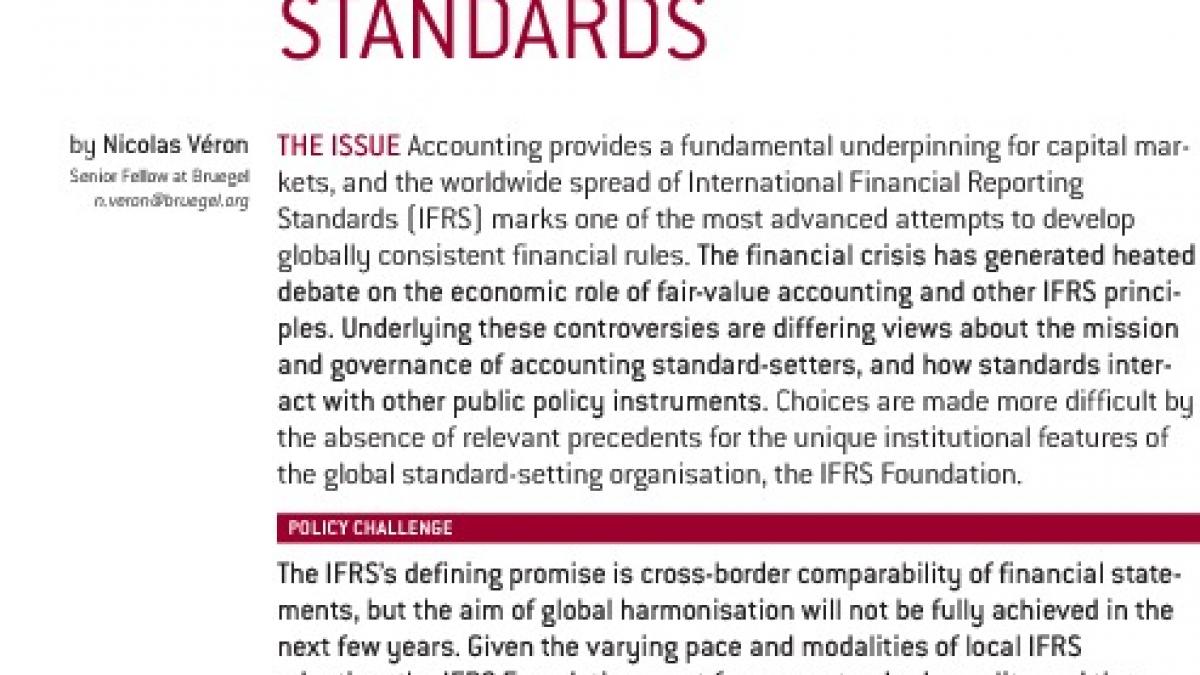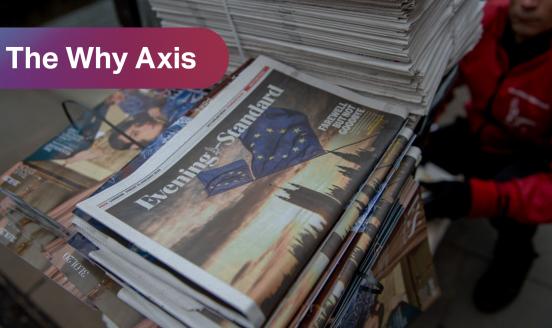Nicolas Véron is a senior fellow at Bruegel and at the Peterson Institute for International Economics in Washington, DC. His research is mostly about financial systems and financial reform around the world, including global financial regulatory initiatives and current developments in the European Union. He was a cofounder of Bruegel starting in 2002, initially focusing on Bruegel’s design, operational start-up and development, then on policy research since 2006-07. He joined the Peterson Institute in 2009 and divides his time between the US and Europe.
Véron has authored or co-authored numerous policy papers that include banking supervision and crisis management, financial reporting, the Eurozone policy framework, and economic nationalism. He has testified repeatedly in front of committees of the European Parliament, national parliaments in several EU member states, and US Congress. His publications also include Smoke & Mirrors, Inc.: Accounting for Capitalism, a book on accounting standards and practices (Cornell University Press, 2006), and several books in French.
His prior experience includes working for Saint-Gobain in Berlin and Rothschilds in Paris in the early 1990s; economic aide to the Prefect in Lille (1995-97); corporate adviser to France’s Labour Minister (1997-2000); and chief financial officer of MultiMania / Lycos France, a publicly-listed online media company (2000-2002). From 2002 to 2009 he also operated an independent Paris-based financial consultancy.
Véron is a board member of the derivatives arm (Global Trade Repository) of the Depositary Trust and Clearing Corporation (DTCC), a financial infrastructure company that operates globally on a not-for-profit basis. A French citizen born in 1971, he has a quantitative background as a graduate from Ecole Polytechnique (1992) and Ecole Nationale Supérieure des Mines de Paris (1995). He is trilingual in English, French and Spanish, and has fluent understanding of German and Italian.
In September 2012, Bloomberg Markets included Véron in its second annual 50 Most Influential list with reference to his early advocacy of European banking union.




